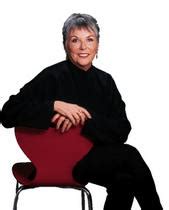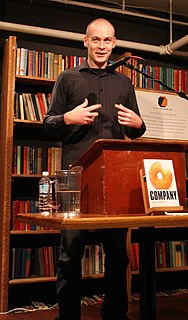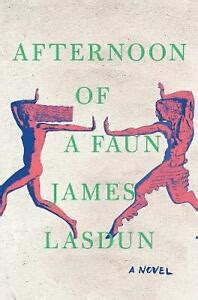A Quote by Alexander McCall Smith
Any author of fiction will tell you that characters don't need to be told what to do.
Related Quotes
I would like the events never to be told directly by the author, but rather to be introduced (and several times, from various angles) by those among the characters on whom they will have had any effect. I would like those events, in the account they will make of them, to appear slightly distorted; a kind of interest stems, for the reader, from the simple fact that he should need to restore. The story requires his collaboration in order to properly take shape.
The most difficult part of writing a book is not devising a plot which will captivate the reader. It's not developing characters the reader will have strong feelings for or against. It is not finding a setting which will take the reader to a place he or she as never been. It is not the research, whether in fiction or non-fiction. The most difficult task facing a writer is to find the voice in which to tell the story.
I think that I had read so much fiction that the craft itself sort of sank into me. I didn't read any 'how to' books or attend any popular-fiction-writing classes or have a critique group. For many years into my writing, I didn't even know another author. For me, a lot of reading was the best teacher.
Someone from the Internet Writing Workshop sent me a link to the Gender Genie, where you paste in a section of text and it uses an algorithm to detect whether the author is male or female. Or, if you're an author, you can tell whether you're really nailing your opposite-sex characters. I mean, nailing their dialog.
I think a fictional invention grows according to its own development, not the author's. Characters in fiction are not simply as alive as you and me, they are more alive. Becky Sharp, Elizabeth Bennett, and Don Quixote may not outlive the burning out of the sun, but they will certainly outlive the brief candle of our lives.
Maybe I'm perverse, but the question of "rooting" for a character, or setting out to write a character for whom other people will root, has never had anything to do with why I read or write fiction. As long as the writing and story remain alive, intense, invigorating, provoking, the characters can be as demonic or saintly as the author wants.





































